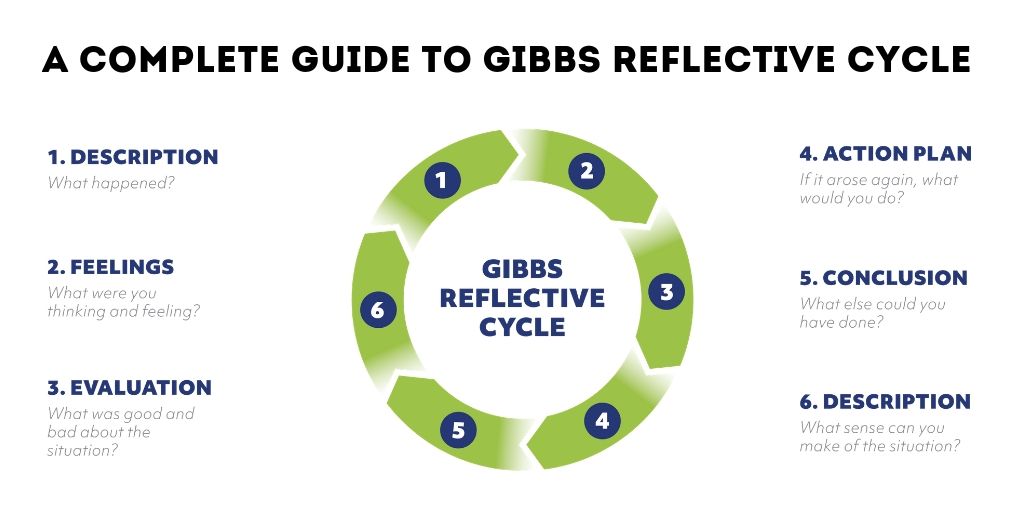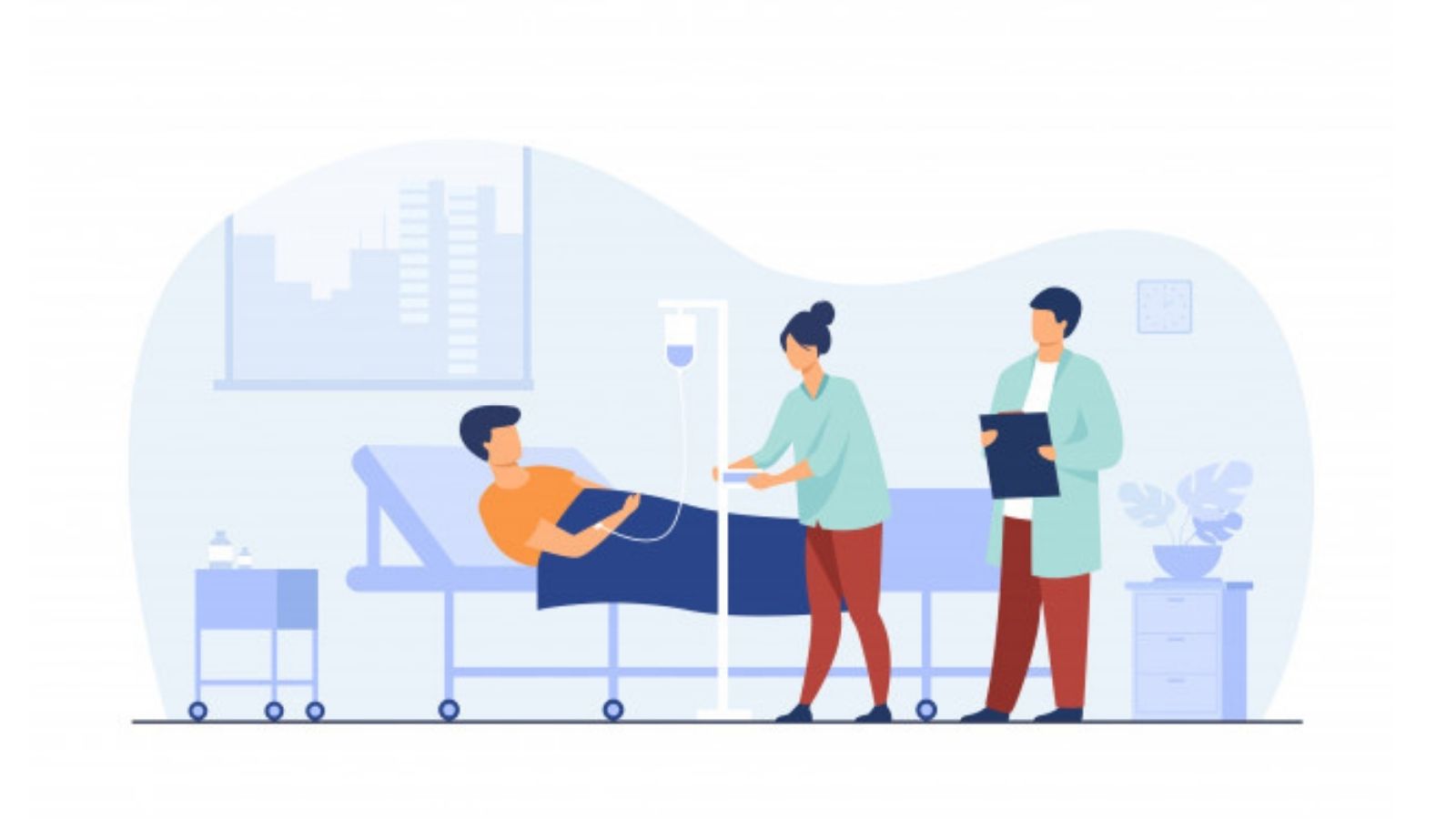
The term "geriatrics" relates to the medical treatment of elderly people, a difficult-to-define age category. With an introduction to Geriatrics, you must know that Geriontology is the study of ageing, which includes changes in biology, society, and psychology. Although "older" is preferred to "elderly," both phrases lack precision. Avoid using expressions and behaviours that imply bigotry against the elderly (ageism). Although there isn't a specific age to describe older age, > age 65 is frequently used as it's the cutoff for Medicare eligibility in the US. However, some elderly patients need geriatric knowledge at a younger age due to their medical issues. However, let's first talk about what is geriatrics in detail.
Did you know? People over 65 made up 4% of the population in the US in 1900; today, they make up >16% of the population (almost 50 million, a net increase of 10,000/day). By the time the post-World War II baby boomers start turning 80 in 2026, projections indicate that more than 20% of Americans—or almost 80 million people—will be older than 65. The average age of individuals over 65 is currently a little over 75, and the proportion of those over 85 is growing at the fastest rate.
Men's life expectancy increases by 17 years at age 65 and by ten years at age 75, whereas it increases by 20 years at age 65 and by 13 years at age 75 for women. In the US and globally, women generally live roughly five years longer than males. Despite changes in women's lifestyles (e.g., greater stress, increased smoking) in the late 20th and early 21st centuries, these survival disparities have remained rather stable.

Importance of Geriatrics
People experience several health issues with age. Deteriorating perceptual systems result in decreased coordination, hearing, and vision. Neurological issues frequently start or get worse. Daily tasks become more taxing, and sick days become more frequent. Simply said, maintaining health and fitness requires more effort. Here are the factors jotted down by our experts at Introduction to Geriatrics.
Dealing with several situations
Geriatric people may have a variety of illnesses and disorders. Some are referred to as "acute," which denotes that they manifest themselves as a sudden incident, such as a urinary tract infection. Others are chronic illnesses that the older person must simply manage to the best of their abilities, such as arthritis or COPD. Finally, there are developing diseases like dementia that typically only manifest as people get older.
Extended life spans
People are surviving longer than ever before. In North America, babies had a 68-year life expectancy in 1950. In the United States, it has now surpassed 78 years. In the following 20 years, the population aged 85 and older is expected to more than double. Since 1980, the number of Americans 90 and older has virtually tripled.
Even for those who have always been fit and healthy, living longer ultimately means needing more care as their bodies get older. Acute episodes occur more frequently. Managing chronic diseases requires additional care or medicine. The earliest indications of emerging illnesses start to appear. If you want to know more about it, you can connect with our instant assignment help.
Typical Geriatric Health Problems
The most common types of disability that develop the age, particularly as they grow more fragile, are referred to by medical doctors as the "geriatric giants." They include, among other things, immobility, incontinence, and lowered mental capacity. These are all typical signs of ageing in older people. They have the potential to affect both the patient and their caretakers negatively.
Incontinence of the urine
A person with this illness cannot consistently control their bladder and unintentionally leak. This generates humiliation and frequently results in loneliness. Even though anyone can contract this disease, older adults—particularly women—are more likely to do so. Incontinence can frequently be cured or managed when handled by a skilled geriatrician.
Snoring Apnea
People with this illness may stop breathing hundreds of times throughout the night, frequently for up to a minute. Men are more likely to experience than women, particularly Hispanic and African-American men.
Sleep apnea can have detrimental and shortening effects if it is not managed. Patients who don't get enough restorative sleep suffer from heart disease, strokes, and depression, high blood pressure, and car accidents.
Osteoporosis
Osteoporosis is a loss of bone tissue that occurs with age and leads to weak bones. Osteoporosis increases the risk of broken bones during a fall, particularly in the hip and wrist. About one in three seniors fall each year, and senior falls cause over 3 million emergency room visits annually.
Most of those who have osteoporosis are women. Of people age 50 and older, women are far more likely to have an osteoporosis-related fracture in their lifetime. In all, some 40% of women will experience a broken bone due to osteoporosis during their lifetime.
Medical treatment for osteoporosis is based on slowing down or stopping bone loss and finding the right threshold of pain relief for the condition. A geriatrician can identify osteoporosis and arrange referrals to appropriate specialists if needed. They can also help with insights concerning diet and exercise to help manage living with the disease.
Osteoarthritis
The most prevalent kind of arthritis is osteoarthritis. Age-related wear and tear on the cartilage between bones can cause joints to become uncomfortable and swollen due to a lack of cushioning. According to the American Centres for Disease Control, 30 million Americans have osteoarthritis.
Osteoarthritis most frequently affects the neck, lower back, hands, knees, and hips. Pain ranges from mild to incapacitating. Although the disease can afflict anyone at any age, it typically begins in people as they reach their fifties. Similar to osteoporosis, more women than males are at risk. For further information, connect with our experts at Introduction to Geriatrics.
Alzheimer's condition
Alzheimer's disease is a degenerative brain ailment that gradually erodes one's capacity for memory and thought. It may eventually make it impossible to do even the most basic daily tasks. According to experts, up to 5.5 million Americans aged 65 and older could be affected by Alzheimer's.
The most typical cause of dementia among senior people is Alzheimer's disease.
The disease's symptoms frequently start to show up in people around 60. Though specific symptoms can differ from one to person, memory issues are often among the initial warning indications.
Unfortunately, there is no known way to prevent Alzheimer's disease. However, numerous lifestyle risk factors that can cause Alzheimer's disease or worsen it can be changed. The geriatrician can advise patients and their families on how to manage this illness.
Parkinson's disease
Parkinson's disease is a nervous system condition that impairs movement. The disease's progressive nature means that symptoms appear gradually. The condition frequently results in the slowness of movement or stiffness of the limbs in addition to tremors.
The patient may appear to have altered facial expression in the early stages of Parkinson's. Walking and other regular activities weaken balance. As the disease progresses over time, the symptoms of Parkinson's disease get worse.
For Parkinson's disease, there isn't a single standardized test. First diagnoses in geriatric care are typically made based on symptoms and an examination. Parkinson's disease cannot be cured, although there are drugs that can help manage the symptoms. Now, if you are a medical student and got an assignment on Geriatrics, then worry not. Our experts at essay writing service are here. They can provide help with assignments at affordable prices.









Loved reading this Blog? Share your valuable thoughts in the comment section.
Add comment